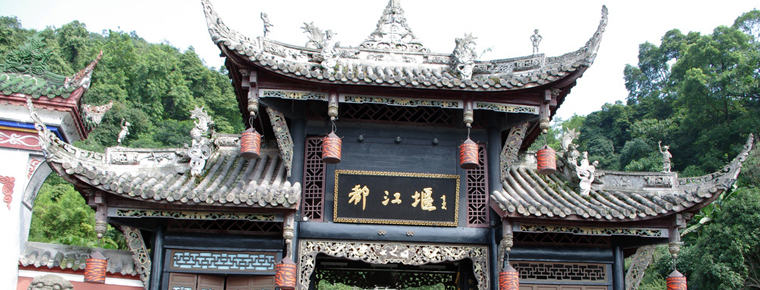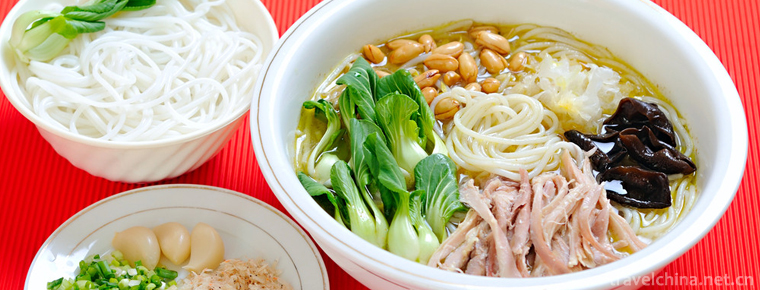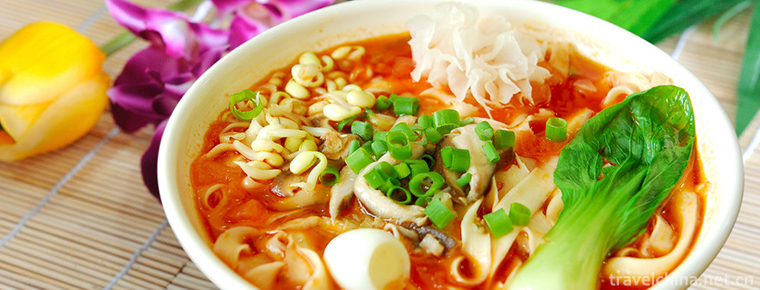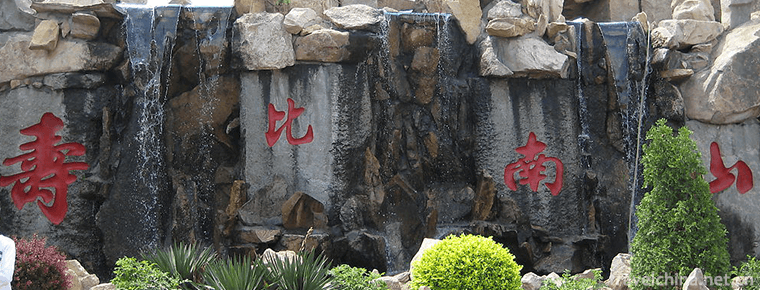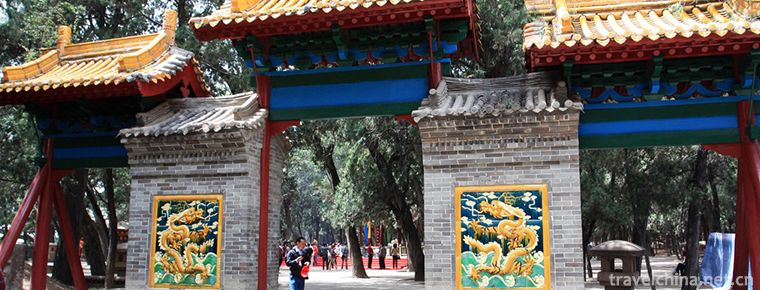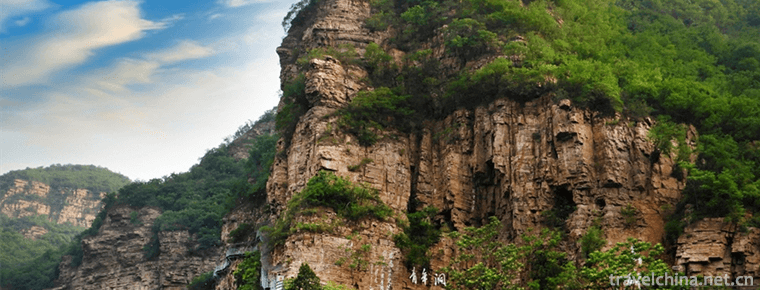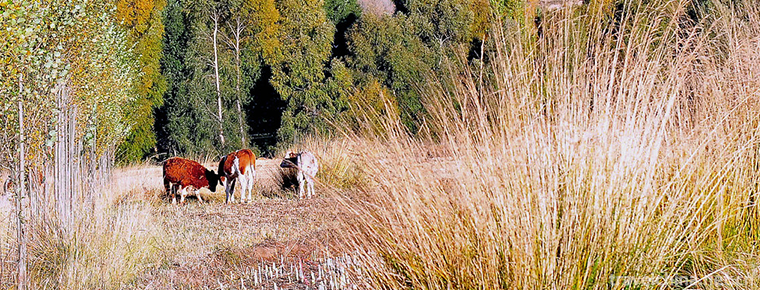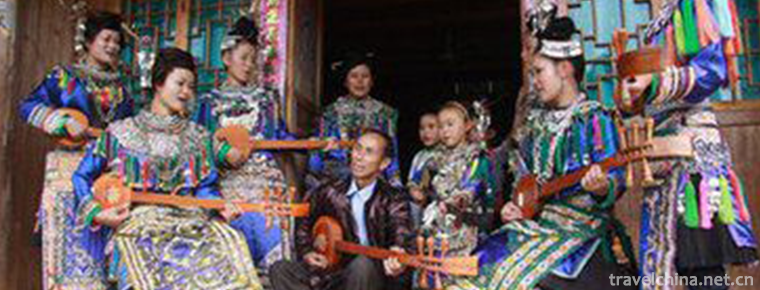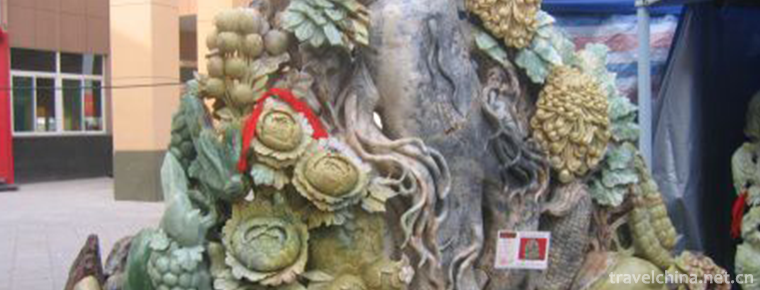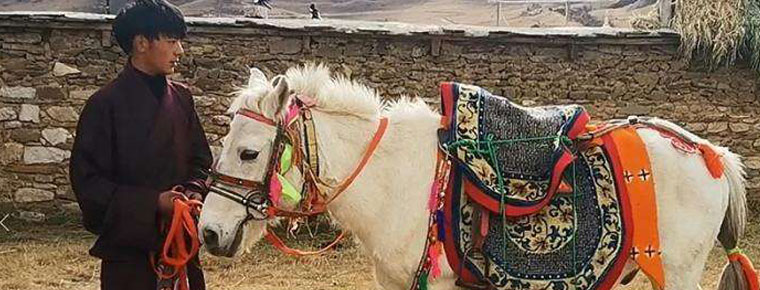Custom of sacrificing ancestors to the great locust tree in Hongdong
Custom of sacrificing ancestors to the great locust tree in Hongdong
During the period from Hongwu to Yongle in the Ming Dynasty, an unprecedented migration took place under the great locust tree in Hongtong. It lasted 50 years and moved 18 times, covering more than 500 counties in 18 provinces and cities such as Beijing, Hebei, Shandong, Anhui, Jiangsu, Hubei, Qin and Longli. It was the largest, longest and most extensive official migrant in history. This has also contributed to Hongdong's reputation as "the homeland of the world and the home of the Chinese people".
Over the past 600 years, the Great Sophora tree in Hongdong has been endowed with divinity, and the descendants of the Great Sophora tree returning home to worship ancestors keep on coming, forming a rich immigration legend and a long tradition of ancestor worship. Since 1991, Hongdong County has adapted to the people's conditions and absorbed a large number of folk sacrificial rituals on the basis of hundreds of years of Chinese folk ancestor worship activities. On the day of Qingming Festival every year, a large-scale "root-seeking ceremony" for ancestors was held, which was warmly responded by the descendants of immigrants at home and abroad.
On June 7, 2008, the custom of offering sacrifices to ancestors of Sophora japonica was approved by the State Council and listed in the second batch of national intangible cultural heritage list.
historical origin
The custom of seeking roots and offering sacrifices to ancestors of Sophora japonica is a kind of Chinese folk activities held during the Qingming Festival in Hongdong County, Shanxi Province. It mainly expresses the nostalgia for ancestors and their hometown by burning incense, offering sacrifices and kneeling.
The immigration activities of Hongdong Dahuashu began in the south of Song Dynasty and ended in the development of frontier areas in the middle and late Qing Dynasty, with a climax of about 50 years from the beginning of Hongwu (1368) to the fifteenth year of Yongle (1417). During this period, there were 18 migrations from Shanxi, including 10 in Hongwu and 8 in Yongle. These immigrants directly migrated to 498 counties (cities) in 18 provinces (cities), including Han, Hui, Mongolian and other ethnic groups. Today, the descendants of Sophora japonica immigrants have spread all over the world. At the end of the Qing Dynasty, Jing Daqi of Hongdong Jiacun served as an official in Caozhou, Shandong Province. He was acquainted with the descendants of many Hongdong Pagoda immigrants. After consulting with Liu Zilin of Changshan County, Shandong Province, and He Baishou of Qixian County, Henan Province, who had returned to his native place, he built a stone pagoda, gallery, wooden loquat, tea pavilion, etc. and built a stele Pavilion on the old site of the ancient pagoda tree. Scale. There are many legends about the immigration of Hongdong Great Sophora tree among Chinese people, such as the Official Deception of unwilling migrants to gather under the Sophora tree and forced release of migration; the formation of the characteristics of compound small toes in the process of migration and the saying of "relieving hands" in urine and urine; for example, the legend that when the cow surname moved from the Great Sophora tree to Henan Province, his father broke into an iron pot. The three pieces were divided into three sons, each of whom bore six sons, forming eighteen cattle surnames in Henan Province. They called themselves "Tiaoguo Niu" and so on. Therefore, after the ancestor worship ceremony, we will see many people will break a small locust tree, or bring a little soil, and even bring a pot, broken into fragments in front of the tree to take back to the descendants of immigrants who can not come to worship their ancestors.
(Atlas of the Great Sophora Tree Ancestral Ceremony in Hongdong )
Ritual content
Invite God, worship incense and spirit, offer three animals and five grains, fresh noodles and wine, and after the three gifts, Mr. Fan Zhongyi, chairman and general manager of the company, presents congratulations to the immigrant ancestors. The performing team presents music, encouragement and drum sacrifices to the immigrant ancestors. In the process of drinking and receiving blessings, the main sacrificial distributes points to the accompanying staff and the tourists, and drinks blessed wine on behalf of the ancestor gods to protect the group. Life. Finally, all the people stood in line, bowed their heads, thanked Guhuai for his protection, and thanked the ancestors for their merits and virtues. With a bow, another bow and three bows, accompanied by the eruption of six colorful smoke, the great locust tree seeks its roots to offer sacrifices to the ancestors of Geng Yin's Mid-Yuan Festival in the year ended.
Inheritance situation
"Searching for the Roots and Sacrificing the Ancestors" is set for 10 days in April each year. Ching Ming Festival, the traditional Tomb-Sweeping Festival in China, is the main day of sacrifice. Every year during the Qing and Ming Dynasties, the bird sounds in the ancestral memorial garden of the great locust tree were very lively and lively. People in Hongdong thought it was a spectacle. They almost poured out of the city and crowded into the ancestral memorial garden of the great locust tree. People are deeply touched by the sight of birds on the second and third generations of locust trees and other trees in the garden. They rise and fall and snuggle together like old friends who have not seen each other for years. They are talking about their past parting and their homesickness today. They all say, "The descendants of immigrants should come to sacrifice their ancestors. These birds are also spiritual and represent the descendants of immigrants." It's also back home to visit relatives. These birds come every evening and fly northeast again in the early morning. Their shape is like sparrows, but they are slightly larger than sparrows, the color is gray and black, when they come, the song is loud, chirping and singing, when they go, they cry sadly and go away. The people of Hongdong call them "homesick birds" and "auspicious birds". Some people say that they were changed after the death of the great locust tree immigrants. They can not return to their hometown after their death, and when they become birds, they should fly back to their hometown to see the changes in their hometown. This spectacle disappeared until the Qingming Festival. All the descendants of Huaixiang who took part in ancestor worship activities at home and abroad were amazed by this spectacle. Since the first time, this spectacle has been repeated every year. Hongdong County Television Station has recorded special films on this spectacle and made special broadcasts on Shanxi Television Station and Linfen Television Station.
Since 1991, the scenic area has successfully held 25 sessions of the "Great Sophora Tree Root Search Ceremony for ancestors" in Hongdong. The Qingming Festival is the main sacrificial day. Tens of thousands of descendants of the Great Sophora Tree immigrants gather here on each of the Great Sophora Tree Root Search Ceremony Festivals in Hongdong, expressing their deep love and affection for the old people of the Great Sophora Tree. Jiang Zemin, Qiao Shi, Li Changchun, Liu Yunshan, Liu Yandong and other party and state leaders, as well as Jia Pingwa, Zhang Yufeng and other well-known people from all walks of life come to visit the Great Sophora Tree's ancestral garden to search for roots, worship ancestors, splash ink, inscriptions and messages.
The 25th Hongdong Great Sophora Tree Culture Festival was held in Hongdong Great Sophora Tree Scenic Area from March 29 to April 7, 2015. The unique charm of "Five Great Sophora Trees" such as "Festival, Leisure, Humanity, Landscape and Chinese Sophora Trees" is fully displayed.
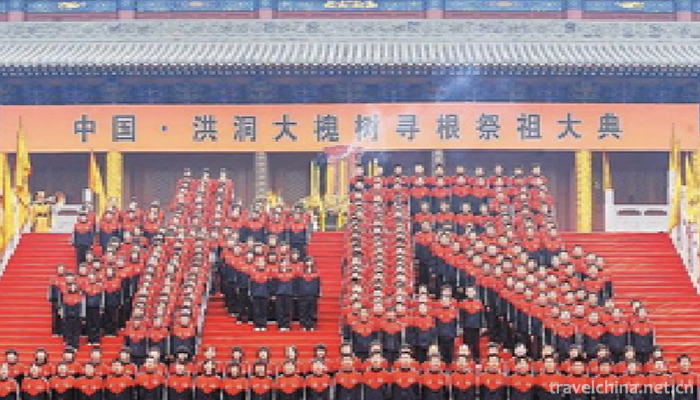
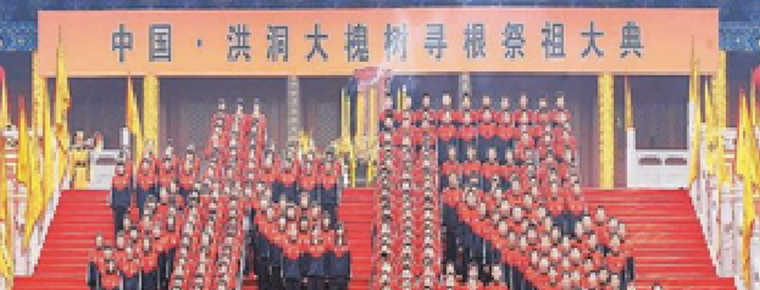
Custom of sacrificing ancestors to the great locust tree in Hongdong
-
Chill chicken rice noodles
Cold chicken noodles, Yunnan snacks, cold rice noodles with ...
Views: 287 Time 2018-10-17 -
Alice tomato noodles
The Ali brand was born in 2001 and officially launched in 2005. The brand popularity and honor of Ali Juice Noodle series products are constantly improving
Views: 261 Time 2018-11-26 -
Longkou Nanshan Scenic Area
Nanshan tourist scenic spot is located in the beautiful scenery of Lu Shan in Longkou City, Yantai City, Shandong province. The scenic spots of Nanshan Temple
Views: 145 Time 2018-12-08 -
Huangdi Mausoleum Scenic Area
Huangdi Mausoleum is the tomb of Xuanyuan Huangdi, the ancestor of the Chinese nation. It is the only Huangdi Mausoleum recorded in Historical Records.
Views: 177 Time 2018-12-12 -
Red Flag Canal Scenic Area
Red Flag Canal Scenic Area is a national AAAAA class scenic area, covering an area of five square kilometers. Red Flag Canal Scenic Area is composed of Red Flag
Views: 434 Time 2019-01-16 -
Yanzhi Mountain Forest Park
Yanzhi Mountain Forest Park is located 45 kilometers southeast of Shandan County. The Gejunma Grassland is opposite to Qilian Mountain
Views: 134 Time 2019-02-28 -
Dong Pipa Song
Dong Pipa song is distributed in the southern dialect area of Dong nationality, which can be divided into lyric and narrative Pipa song. Its singing content almost covers Dong history
Views: 151 Time 2019-04-28 -
Xiuyan Jade Carving
Xiuyan Jade Carving, one of the national intangible cultural heritage, is a local traditional art in Xiuyan Manchu Autonomous County, Liaoning Province.
Views: 152 Time 2019-07-08 -
Baoguang Temple
Baoguang temple is located in Xindu District, Chengdu City, Sichuan Province, China. It is one of the Buddhist temples with a long history, large scale, complete structure and quiet environment.
Views: 135 Time 2020-11-05 -
Can Ding Zhens Pony pearl really run first
Recently, after the exposure of Ding Zhen's Pony pearl, many netizens have a question in their hearts: "can it really run first?"? After the news release, netizens have been hotly debated. The specific contents are as follows:
Views: 147 Time 2020-12-07 -
Contact information of Chengdu Giant Panda Base
Contact information of Chengdu Giant Panda Base
Views: 172 Time 2020-12-13
